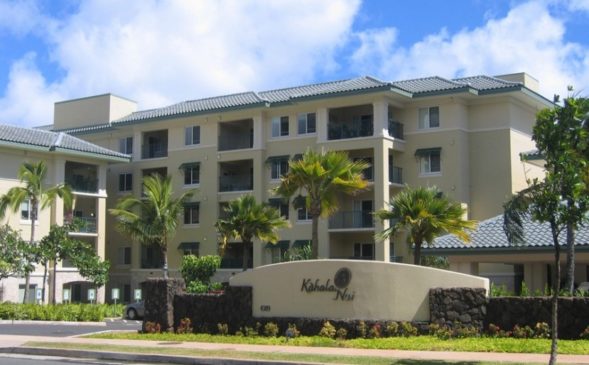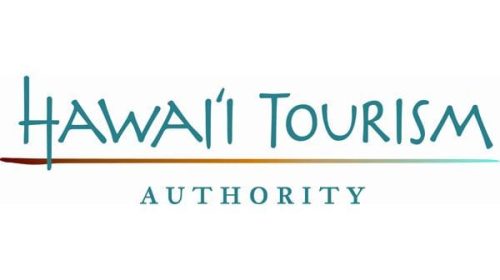ACLU of Hawaii calls on Kahala Nui retirement community to stop religious discrimination
The ACLU Program on Freedom of Religion and Belief and the ACLU of Hawaiʻi Foundation have sent a demand letter to Kāhala Nui, an O‘ahu-based retirement community, calling on it to immediately stop engaging in illegal and discriminatory housing practices. In particular, the demand letter notes that Kāhala Nui’s residency agreement and a memorandum sent to residents on May 11, 2018, seek to prohibit residents from exercising their rights under the provisions of the recently passed “Our Care, Our Choice” Act because it was opposed by the Catholic Church.
The memorandum refers to the Kāhala Nui residency agreement, which states that Kāhala Nui “will not permit any use or activity . . . morally repugnant to the Roman Catholic Bishop of Honolulu or inconsistent with the doctrines and teaching of the Church.” The Our Care, Our Choice Act gives terminally ill patients the choice to obtain a prescription medication to end the patient’s life. Kāhala Nui wishes to curtail access to this option for its residents via its own policies. The memo and the agreement both violate the Fair Housing Act (FHA) and Hawaiʻi law. As a housing provider, Kāhala Nui and its affiliates may not impose religious dictates on its residents or discriminate on the basis of religion. With a clear and unconditional obligation to serve the general public, Kāhala Nui’s actions also violate the Hawaii’s public accommodations laws.
Executive Director Joshua Wisch said: “The freedom of religion we are all granted under the Constitution means both the freedom to practice your own religion – or none at all – and the freedom from having other people’s religious practices forced upon you. While this is a prohibition against government favoring one religion over another, this same fundamental principle applies to housing providers and places of public accommodation – like Kāhala Nui – through the federal Fair Housing Act and Hawaiʻi law. And that means retirement communities like this may not invade the sanctity of their residents’ homes and force the kupuna who live there to follow the dictates of one particular religion or police their private health decisions.”
Legal Director Mateo Caballero said: “Under the law, landlords and places of public accommodation, like Kāhala Nui, cannot discriminate against others on the basis of religion. Kāhala Nui’s Residency Agreement and the May 11, 2018, memorandum are simply illegal, because they establish and promote a preference for Catholic residents, while discriminating against those who believe medical aid in dying should be an option. As the effective date for the Our Care, Our Choice Act fast approches, we would like to remind housing and service providers throughout Hawai‘i that preventing others from lawfully exercising their rights and their beliefs on the basis of religion is illegal and that we are watching.”
Hawaii’s Our Care, Our Choice act goes into effect January 1, 2019.
The ACLU has given Kāhala Nui until November 16, 2018 to rescind the memo, agree to remove Clause 7.23(c) of its residency agreement for new tenants, and stop enforcing the clause of the Residency Agreement for all tenants.




